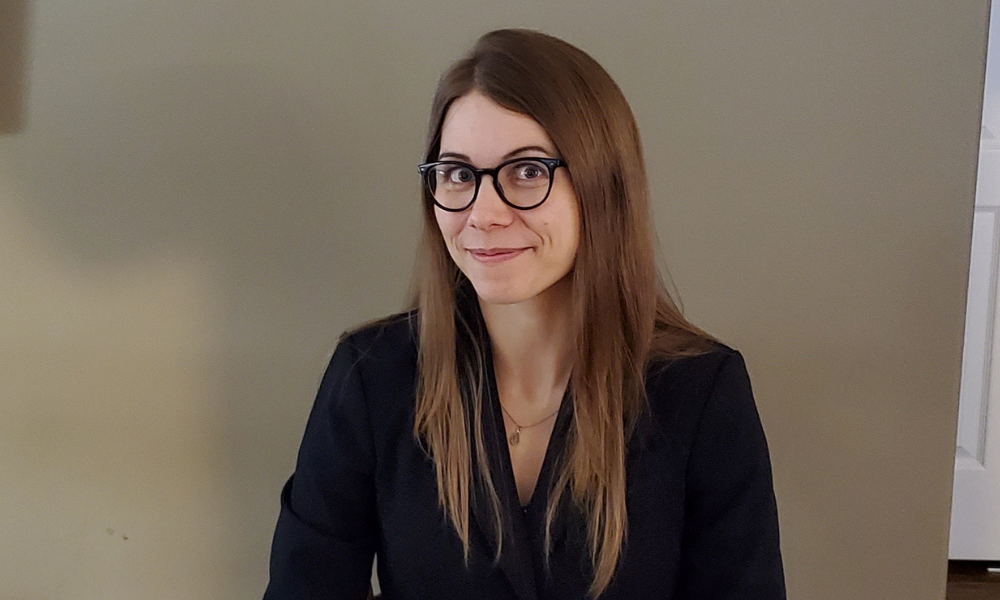
SCC clarifies standard of review for fairness, abuse of process in administrative proceedings

The Supreme Court of Canada has found that a six-year-long law society disciplinary proceeding was not a delay constituting an abuse of process, overturning a Saskatchewan Court of Appeal ruling.
In Law Society of Saskatchewan v. Peter V. Abrametz, the SCC addressed how the doctrine of abuse of process relates to inordinate delay in administrative proceedings. The court also clarified the standard of review applicable to issues of procedural fairness and abuse of process in a statutory appeal.
The decision was split 8-1. The majority found the Court of Appeal had improperly applied the standard of review. By substituting its own findings of fact, the court had failed to accord the law society hearing committee sufficient deference. Justice Suzanne Côté was the lone dissenter.
Peter Abrametz is a lawyer from Prince Albert, SK who has been practising law for 49 years. The law society found Abrametz guilty of four charges of conduct unbecoming a lawyer, and he was disbarred without a right to apply for readmission for nearly two years. While the law society initiated its audit into his financial records in 2012, it did not deliver its penalty until 2019.
Abrametz had applied for a stay of proceedings, arguing the delay amounted to an abuse of process. But the hearing committee dismissed his application. The Court of Appeal then ruled in his favour and the law society appealed to the SCC.
The ruling confirms that the standard of review applicable to procedural fairness issues, including delay, are appellate standards, says Laura Mazenc, counsel for the Attorney General of Saskatchewan, which intervened in the case. “That’s something we didn’t have from the Supreme Court before. It was a little ambiguous in the law. So, that’s a helpful clarification.”
In the delay analysis, the SCC has reaffirmed that “context matters,” she says. While the Court of Appeal focused on the length of the delay, which was significant, the SCC said it was necessary to look at the factors causing it, some of which were attributable to Abrametz.
The SCC’s decision also confirms that the analysis from Blencoe v. British Columbia (Human Rights Commission) establishes whether administrative delay constitutes abuse of process, says Nadia Effendi, who represented the intervenor, the Federation of Law Societies of Canada. The majority also rejected calls for adopting a test for delay, like the test from R. v. Jordan, in the administrative law sphere, she says.
“The Court reminded all parties to administrative proceedings of their obligation, whether it is to proceed promptly and efficiently for administrative decision makers or for the affected party to sound the alarm bell if delay materializes,” says Effendi.
The majority found that the court in Canada (Minister of Citizenship and Immigration) v. Vavilov, 2019 SCC 65 was “categorical” that appellate standards are the applicable standard of review to questions of procedural fairness in a statutory appeal. In her dissent, Justice Côté disagreed, finding the governing authority is Mission Institution v. Khela, 2014 SCC 24, and that the standard is correctness.
Justice Côté also disagreed with the majority on how to use Blencoe v. British Columbia (Human Rights Commission) to establish whether a delay constitutes and abuse of process.
The majority said Blencoe provides a three-step process and concluded that none of the requirements were met in Abrametz’s case.
First, there must be inordinate delay. While the majority characterized the delay as long, it said it was not inordinate. The hearing committee had blamed some of the delay on Abrametz and noted that, at one point, he had applied to put the proceedings on hold so he could attend to another matter. But the Court of Appeal thought the hearing committee was wrong about the scale and complexity of the investigation and that the auditor should have concluded his report much earlier. In making these determinations, the Court of Appeal had departed from its proper role, and the court had no basis to set aside the hearing committee’s finding that the delay was not inordinate, said the majority.
The majority also found the Court of Appeal had interfered with the hearing committee’s fact-finding on the second step, which requires that the delay directly cause significant prejudice. The hearing committee had rejected Abrametz’s claims that the delay had caused prejudice because of the resulting media attention, the practice conditions imposed on him, and the impact on his health, family, and employees. The majority found there was no palpable and overriding error in the hearing committee’s view that Abrametz failed to demonstrate significant prejudice.
Since there was no error in the first two stages, the majority found no basis to set aside the conclusion that there was no abuse of process.
Justice Côté said the majority reframed the Blencoe test. While the majority required significant prejudice for a delay to amount to abuse of process, inordinate delay on its own does the trick, she said.
Abrametz argued that the Blencoe test required reconsideration to align it with the approach to delay established in the criminal justice system after R. v. Jordan. The 2016 SCC ruling set trial limits at 18 months for provincial courts and 30 months for superior courts.
While administrative decisions must be delivered “promptly and efficiently,” the majority said, Jordan deals with the right to be tried within a reasonable time under s. 11(b) of the Charter. This right does not apply to administrative proceedings, they said.